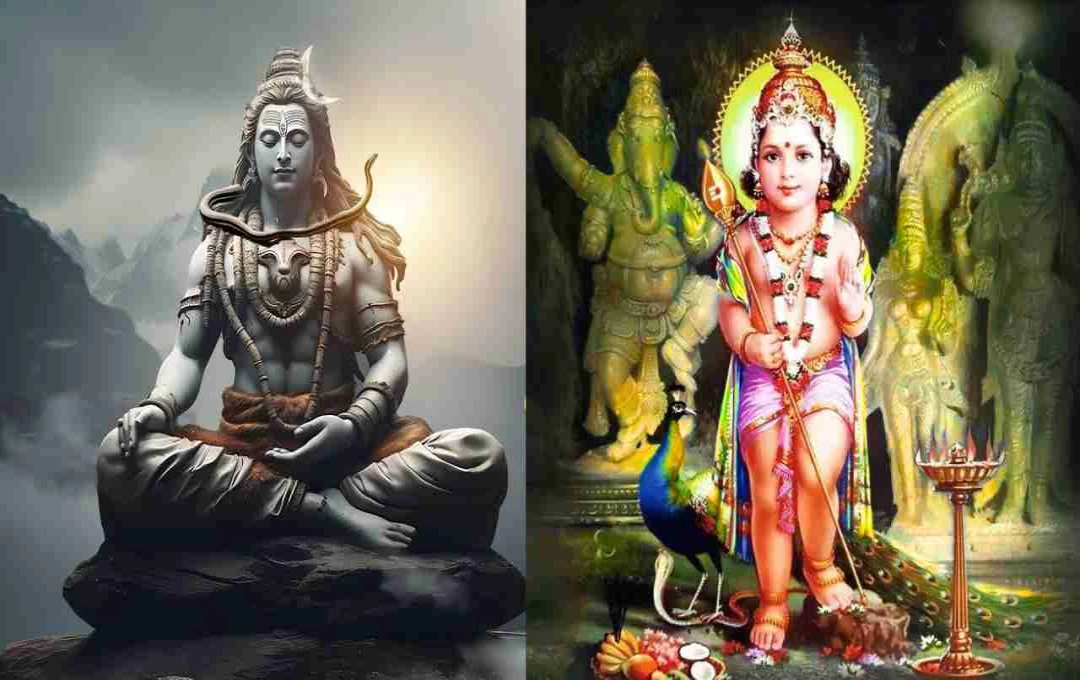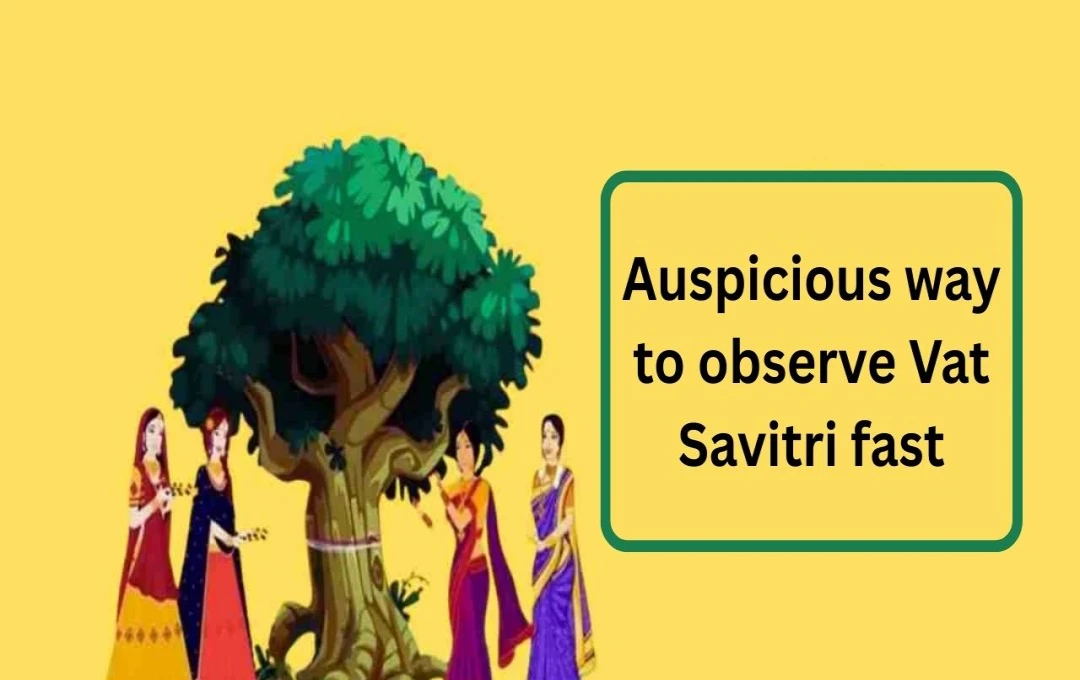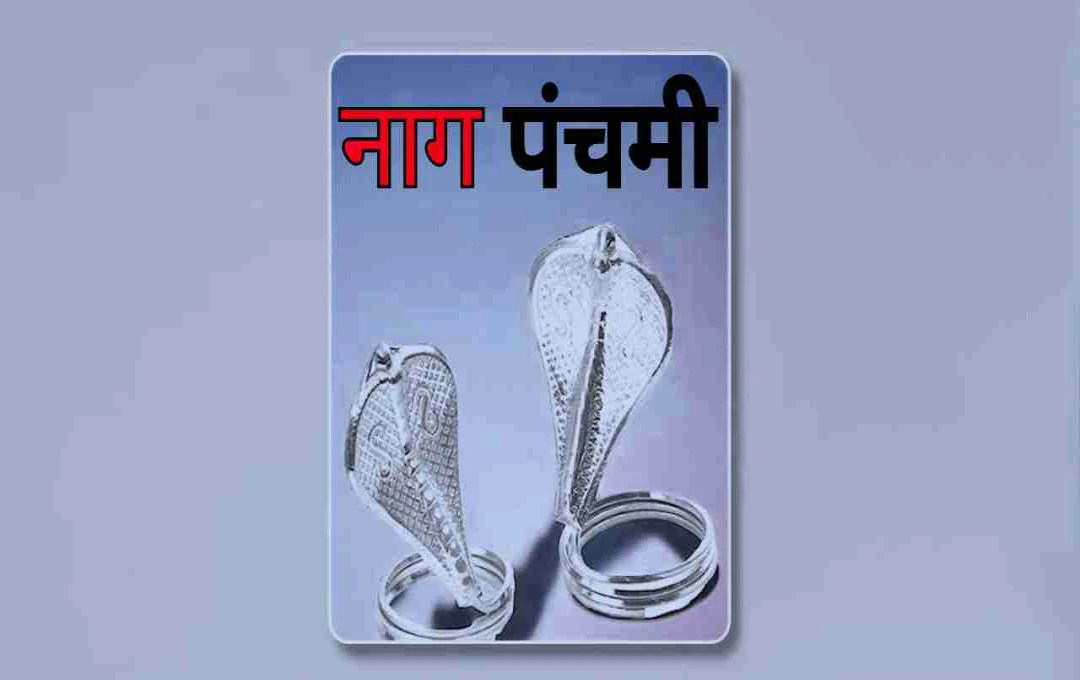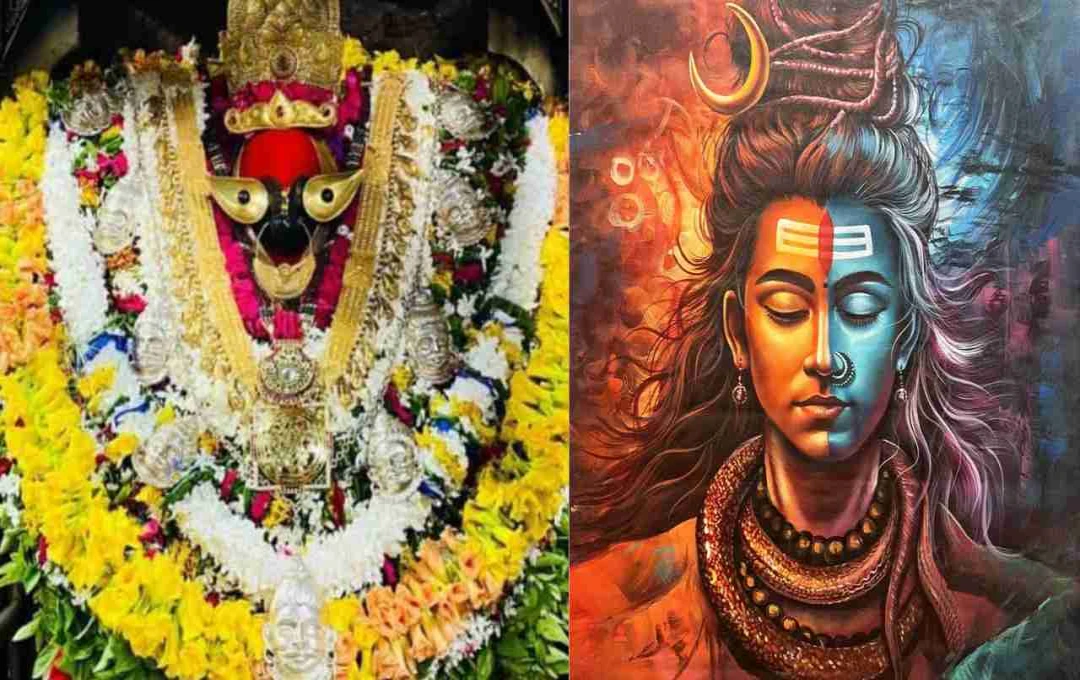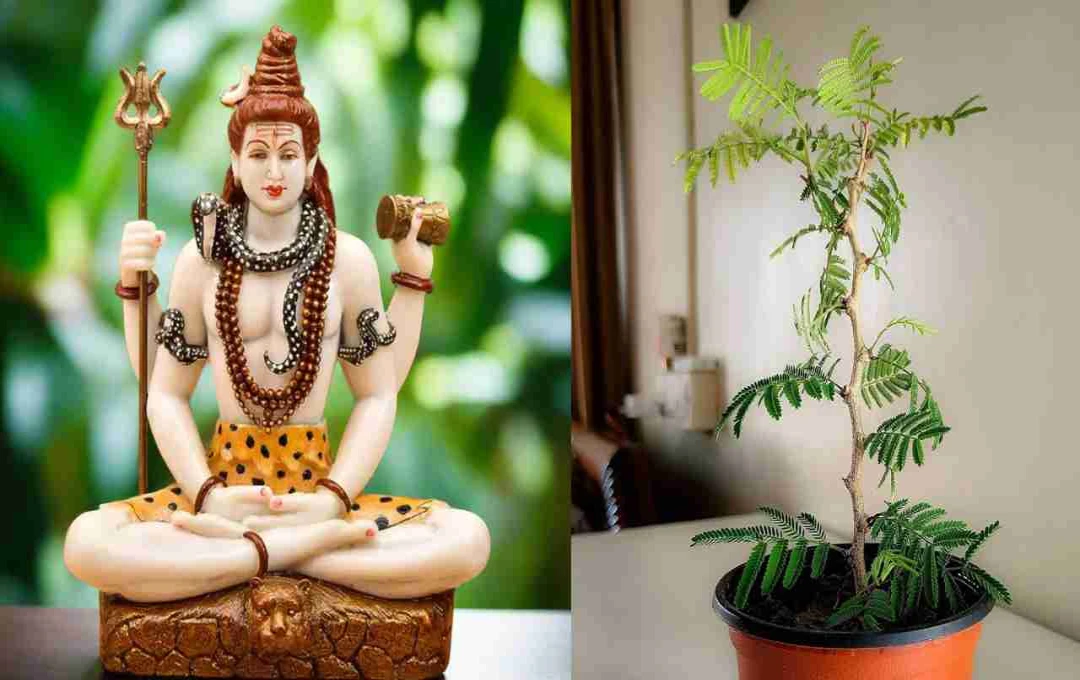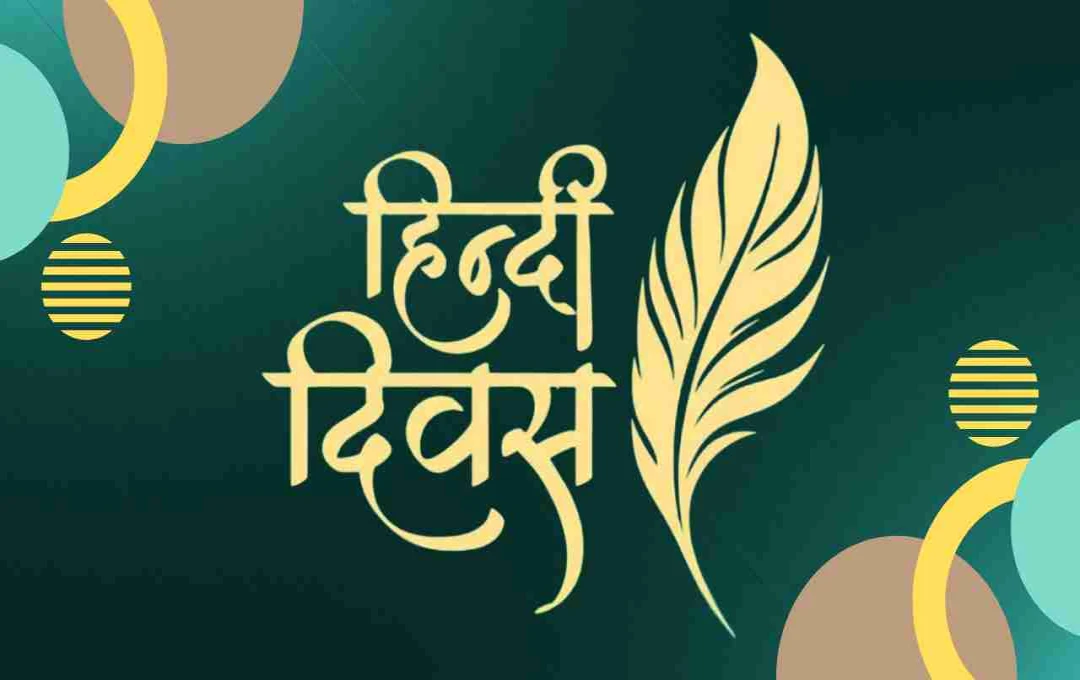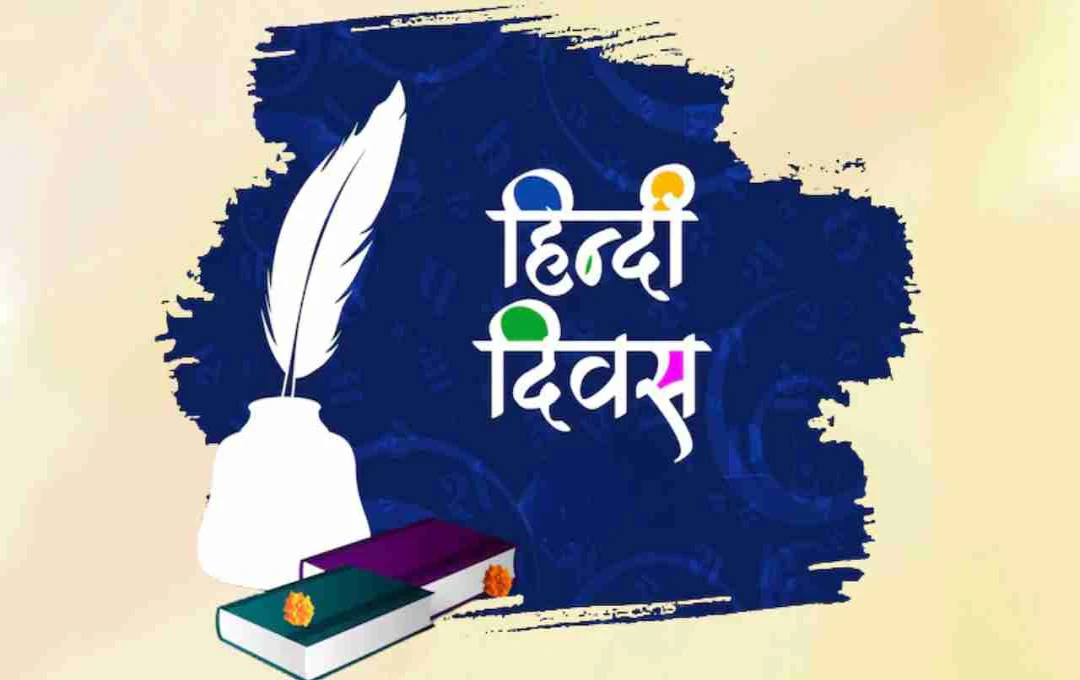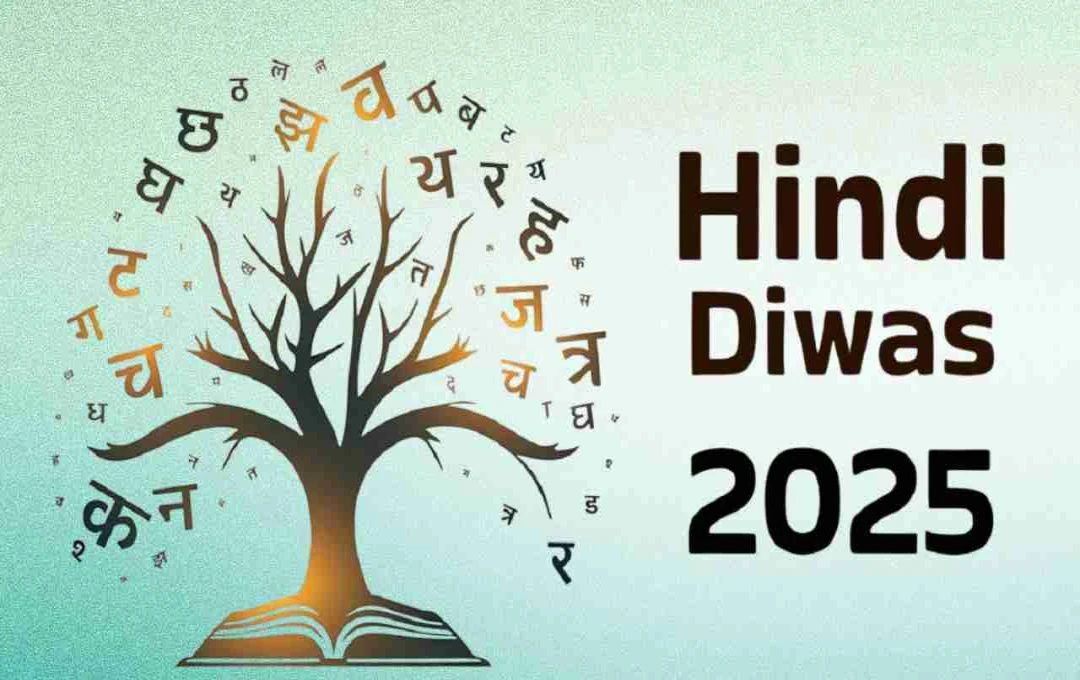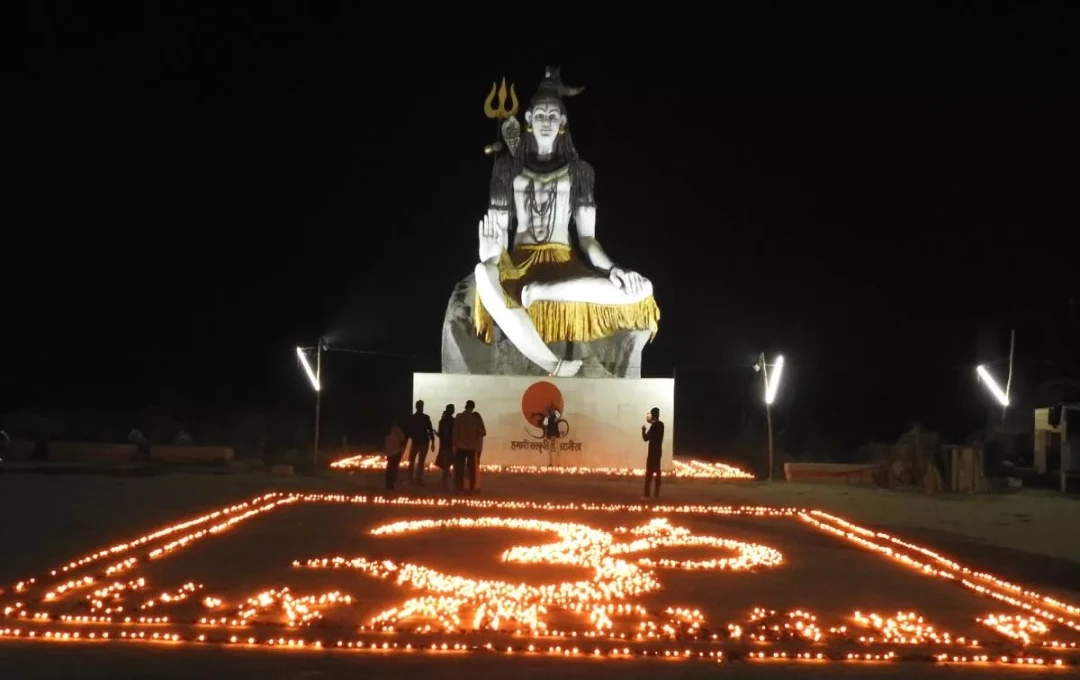As the month of Sawan begins, a surge of faith and devotion engulfs devotees of Lord Shiva. This month is marked by several special fasts and festivals, one of which is Skanda Sashti. This fast is dedicated to Lord Kartikeya, the son of Lord Shiva and Goddess Parvati. Its significance is amplified in Sawan because this month itself is considered dedicated to Lord Shiva. Therefore, when Skanda Sashti falls in Sawan, its merit is considered manifold.
Who is Lord Skanda?
Lord Skanda is known by various names such as Kartikeya, Murugan, Kumaraswamy, and Shanmukha. He is considered the god of war and the commander-in-chief of the gods. It is said that he killed the demon Tarakasura, freeing the gods from fear. Lord Skanda was born to protect Dharma (righteousness), and therefore, he is considered a symbol of courage, bravery, and morality.
Religious Significance of Skanda Sashti
Skanda Sashti occurs every month on the Sashti Tithi (sixth day) of the Shukla Paksha (waxing phase of the moon), but its significance especially increases when this date falls in Sawan. This fast is observed for the blessings of children, destruction of enemies, freedom from diseases, and family welfare.
On this day, Lord Kartikeya is specially worshipped, who is believed to have possessed immense strength, intelligence, and valor even in his childhood form. This festival is celebrated with great pomp in South India. In Tamil Nadu, Kerala, and Karnataka, there is a tradition of holding huge fairs and religious events in the temples of Lord Murugan.
Why is this fast more fruitful in Sawan?
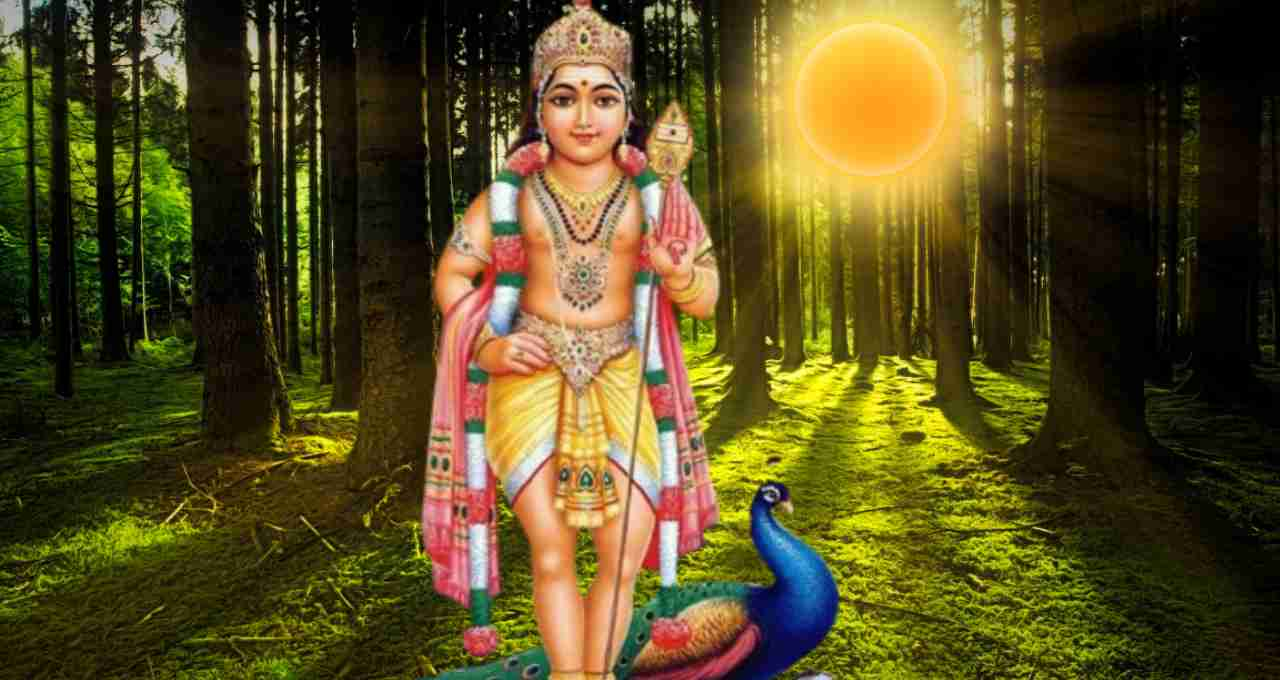
The month of Shravan (Sawan) is a month of devotion to Lord Shiva. Worshipping Lord Shiva in this month is considered especially meritorious. Since Lord Skanda is the son of Shiva and Parvati, observing his fast in this month bestows devotees with both the grace of Shiva and the blessings of Kartikeya.
This fast is especially observed by parents desiring to have children. It is also considered auspicious for attaining happiness, peace, courage, and spiritual strength in the house.
How to perform Skanda Sashti Puja
On this day, the person observing the fast should wake up in Brahma Muhurta (early morning), take a bath, and wear clean clothes. After this, one should take a vow of the fast in front of the idol or picture of Lord Skanda.
It is considered auspicious to use yellow and red flowers, sandalwood, incense, lamps, and kewra (screw pine) fragrance in the puja. Offerings of coconut, jaggery, banana, and root vegetables are made.
On this day, reciting "Subrahmanya Ashtakam," "Skanda Sashti Kavacham," and other mantras for the praise of Lord Skanda is considered highly fruitful. In the evening, light a lamp, perform Aarti, and definitely listen to the Skanda Sashti Katha (story).
Mythological Story related to Skanda Sashti
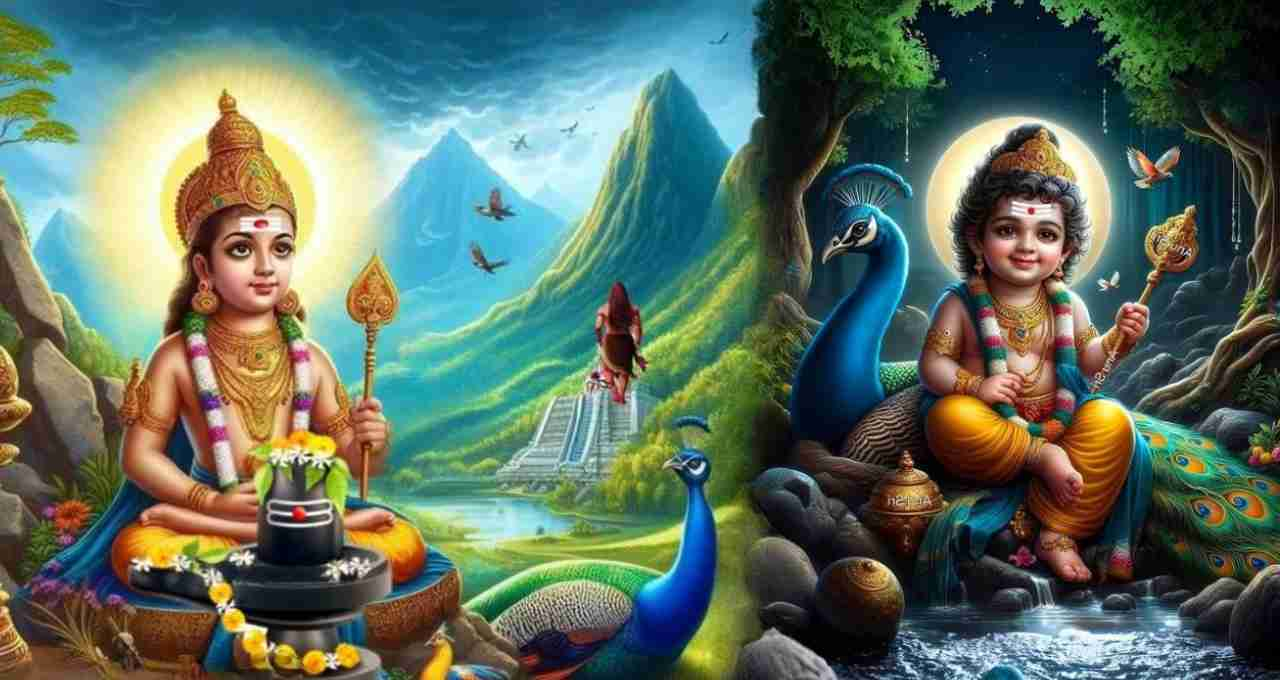
According to mythological stories, a demon named Tarakasura once performed severe penance and obtained a boon from Brahma Ji that only the son of Lord Shiva could kill him. At that time, Shiva was absorbed in penance after the separation from Sati, and there was no possibility of marriage.
After receiving the boon, Tarakasura started atrocities in the three worlds. The gods together engaged Goddess Parvati in rigorous penance to please Shiva. Eventually, pleased with the penance of Goddess Parvati, Shiva accepted the marriage, and Lord Skanda was born from their union.
Lord Skanda mastered military skills and strategy in his childhood itself. He was made the commander-in-chief of the gods. He waged war against Tarakasura and killed him with his valor. Skanda Sashti is celebrated in memory of this victory.
What to do and what not to do on this day
It is necessary to observe restraint and follow the rules on the day of the fast. Observe celibacy and stay away from tamasic (impure) things. Abstain from meat, alcohol, and substances like onion and garlic.
Maintain purity in speech, behavior, and thoughts. Avoid anger, lies, and disputes. Engage your mind in worship and contemplate the qualities of Lord Skanda.
Special Place of Lord Murugan in Tamil Culture
In South India, especially in Tamil Nadu, Lord Murugan is called the "Tamil God." He is considered the protector of Tamil culture and a symbol of power. Grand events are held on Skanda Sashti in famous temples like Palani, Tiruchendur, Thiruthani, and Swamimalai.
In North India, on the other hand, Lord Kartikeya is worshipped in his child form on this day with the aim of obtaining children. Women especially observe fast on this day and desire the happiness of children from Lord Skanda.
